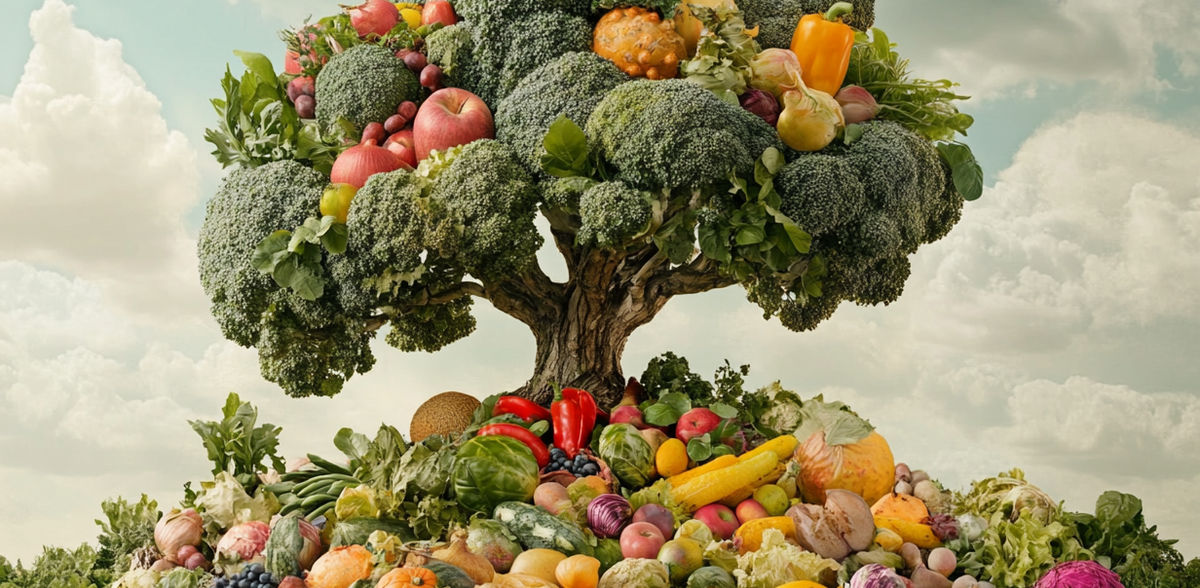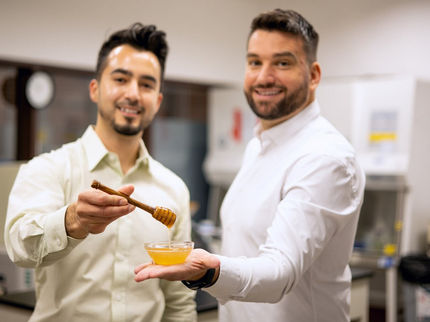Three paths to sustainability
Researchers outline three ways to accelerate sustainable development and still achieve the global climate targets
Advertisement
Sustainable lifestyles, green technology innovation and policy-led transformation each offer promising ways to make significant progress on the UN Sustainable Development Goals (SDGs) and the Paris Climate Agreement, a new study by the Potsdam Institute for Climate Impact Research (PIK) shows. The research team examined how these strategies could change consumption and production in different sectors, identifying both benefits and trade-offs for achieving a good life within planetary boundaries. Contrary to the widespread assumption that sustainable development is almost impossible to achieve, the results show that society has various ways out of the current, unsustainable course.
"Sustainable development pathways are strategies that prevent dangerous climate change while working towards ensuring that all people can live well on an intact planet," explains Björn Sörgel, scientist at the Potsdam Institute for Climate Impact Research (PIK) and lead author of the study published in Environmental Research Letters. This is the core of the 17 Sustainable Development Goals (SDGs) adopted by the United Nations in 2015. "Our analysis shows that all three sustainable development pathways are far more effective than the current 'business as usual' approach. They achieve significant progress on the SDGs, for example reducing extreme poverty by two-thirds by 2030 and to almost zero by 2050, while halting global warming and preventing further environmental degradation. It is also important that they avoid the unintended side effects of overly simplistic climate protection strategies. This includes, for example, a strong dependence on bioenergy or CO₂ storage - because this harbors potential for conflict in terms of food production or public acceptance."
Three effective paths to accelerate sustainable development
In the study, the researchers look at three possible development pathways to achieve the 17 Sustainable Development Goals that governments, businesses and NGOs see as guiding a sustainable and equitable future. The study is the first to systematically compare such different sustainability pathways. It analyzes results from four models: two integrated models for the global energy, economic, land use and climate systems, and two models that focus on the global building sector and the materials it requires.
"All of the scenarios we examined pursue the same goals - but the question is how to achieve them," explains Isabelle Weindl, scientist at PIK and co-author of the study. She emphasizes that each of the pathways examined has particular strengths, but also particular challenges. "The pathway focusing on sustainable lifestyles, for example, involves a rapid shift to a flexitarian, largely plant-based diet, which is also known to have significant health benefits." This pathway would also include a reduction in global final energy consumption per capita of around 40 percent by 2050. Wealthy countries would make the biggest contribution to reducing the unequal distribution of energy consumption. However, the researchers note that such changes could be challenging in terms of their feasibility. At the same time, however, they would also bring great advantages, as Sörgel adds: "The pathway with a focus on sustainable lifestyles has the least dependence on unproven technologies and also leads to the best result in terms of biodiversity and climate protection."
The other pathways envisage less change in food and energy consumption, but rely more heavily on innovations in green technologies or greater control of the transformation by governments - each of which brings its own challenges. "Even if the pathways have different priorities, they can all lead to the goal," says Elmar Kriegler, head of the Transformation Pathways research department at PIK and author of the study. "This is important because the path to sustainable development is often only thought of from the perspective of a particular worldview, which makes it difficult to find common ground." Kriegler summarizes: "If we continue on our current course, none of the sustainability goals will be achieved. By 2030, 660 million people worldwide could still be living in extreme poverty, and crises such as biodiversity loss and global warming will continue to worsen. Now is the time to act. We can still choose which of the sustainability paths we take, but ignoring them is no longer an option."
Note: This article has been translated using a computer system without human intervention. LUMITOS offers these automatic translations to present a wider range of current news. Since this article has been translated with automatic translation, it is possible that it contains errors in vocabulary, syntax or grammar. The original article in German can be found here.
































































